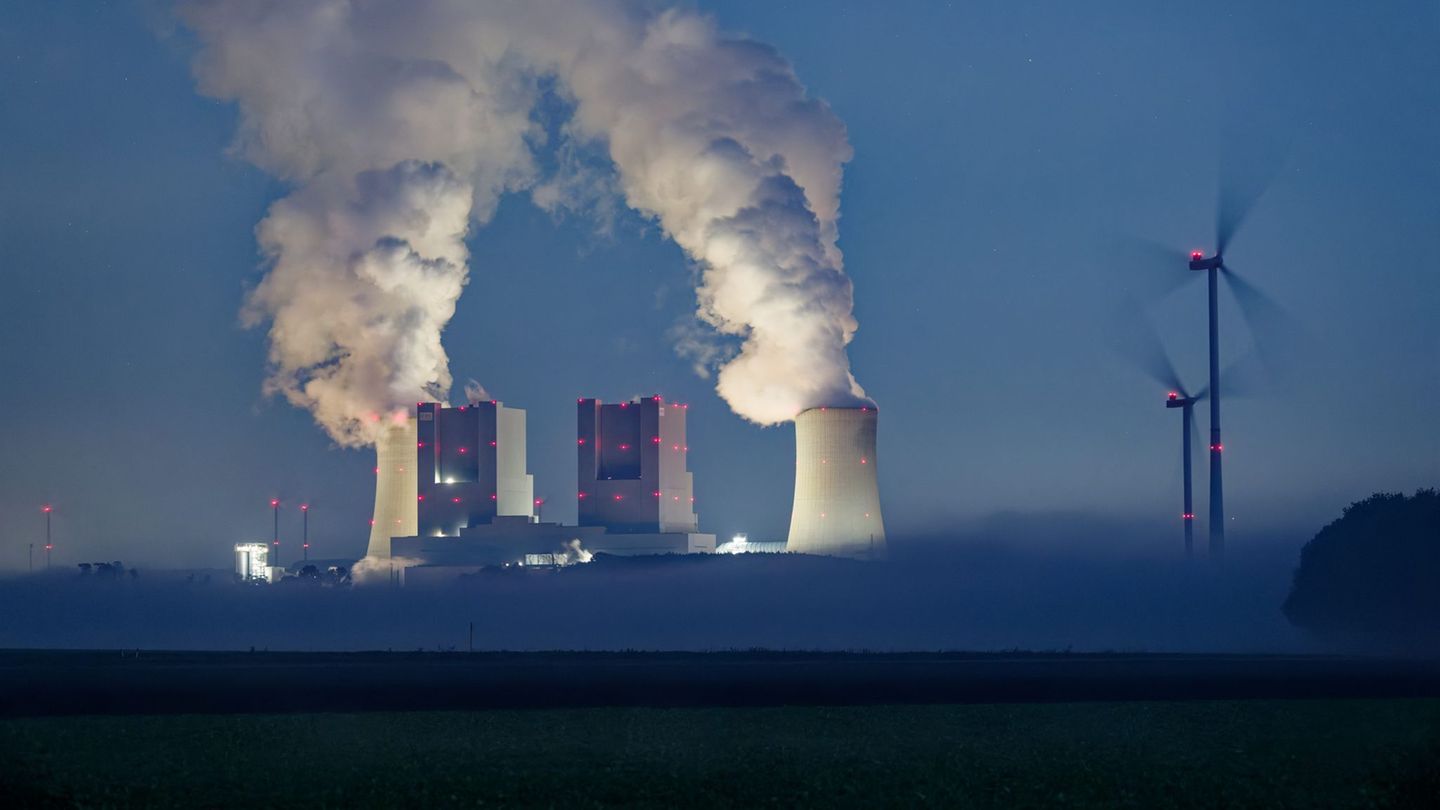The authorities of the Islamic Republic of Iran today prevented Mahsa Amini’s family from organizing a ceremony to commemorate one year since her death and briefly detained her father, human rights groups denounced, on the first anniversary of her death under police arrest. young, which unleashed a wave of protests in the Persian country.
Amjad Amini was arrested by the Iranian Revolutionary Guard when leaving his home in the city of Saqgez and taken to “an unknown location,” the NGO Hengaw reported in a statement replicated by the Europa Press news agency.
Later, three other organizations, Kurdistan Human Rights Network, 1500tasvir and Iran Human Rights, announced his release and reported that the authorities had warned him that he could not hold a commemoration at his daughter’s grave.
Despite the threats, the Aminis announced that “like any family in mourning,” they would go to Mahsa’s grave, at a time when activists denounce an intensification of the persecution of people close to the case in this last month.
Amjad is prevented from leaving his home in Saqqez, Amini’s hometown in Kurdistan province, and members of the security force are stationed outside his house, the organizations added in publications collected by the AFP news agency.
Furthermore, according to the organizations, the streets leading to Mahsa’s tomb are “highly militarized” with security forces deployed and armed in Saqqez and other cities in western Iran that could become flashpoints of tension over the weekend.
The 22-year-old Iranian Kurdish girl, Mahsa, died on September 16, 2022 under police arrest, after being detained for allegedly violating the dress code for women that has been in force since shortly after the Islamic revolution of 1979.
His family claims he died from a blow to the head, but authorities deny this.
The death triggered a wave of protests that lasted for weeks and many women took off their veils, in a gesture of defiance to this Islamic republic led by the supreme guide, Ayatollah Ali Khamenei.
The mobilizations lost momentum over the months, appeased by a repression that caused the death of 551 protesters, including 68 children and 49 women, according to Iran Human Rights, and the arrest of more than 22,000 people, according to Amnesty International, in addition to the execution of seven men for cases linked to those demonstrations.
However, activists claim that the repression intensified with the approach of the anniversary, aimed especially at people close to victims of repression, to silence them.
Human Rights Watch (HRW) stated that relatives of at least 36 people murdered or executed were interrogated, detained, persecuted or sentenced to prison over the last month.
“Iranian authorities are trying to stifle dissent to prevent public commemoration of Mahsa Jina Amini’s death in detention,” said Tara Sepehri Far, a researcher at the NGO.
The two journalists who followed the case most closely, Niloofar Hamedi and Elahe Mohammadi, have been imprisoned for almost a year, while Nazila Maroufian, who interviewed Mahsa’s father, Amjad Amini, several times, was detained on multiple occasions.
In parallel, Parliament is processing a bill known as “Support for the culture of hijab and chastity” that calls for much more severe sanctions for non-compliance with the dress code.
Sara Hossain, president of the UN mission to investigate the repression in Iran, denounced that the country “is redoubling repression and reprisals against its citizens and is attempting to enact new, more draconian laws that further restrict women’s rights.” .
The Iranian president, Ebrahim Raisi, who has not yet issued statements regarding the NGOs’ complaints, met today in the city of Mashad, the second most populated in the country, with relatives of security members killed during the wave of protests, in the framework of a Shiite celebration linked to Imam Reza.
In a first meeting on Thursday with the family of a security policeman killed in Tehran, Raisi celebrated the “shameful failure of the enemies’ plan to destabilize” the country at the end of 2022, the Presidency reported.
In the wake of the repressions that shook the Iranian people after Amini’s death, Iran received strong international condemnation and yesterday the United States, Canada, the United Kingdom, the European Union (EU) and Australia announced sanctions against several Iranian officials and entities.
After that announcement, Iran attacked those Western powers and called the sanctions “illegal and undiplomatic actions,” in a statement released last night by the spokesman for the Iranian Foreign Ministry, Nase Kanani.
Kanani further condemned the “interventionist actions and statements and the ridiculous and hypocritical” displays of support for the protest movement and said Western diplomats showed “unconstructive behavior” that “does not serve their interests.”
Source: Ambito




